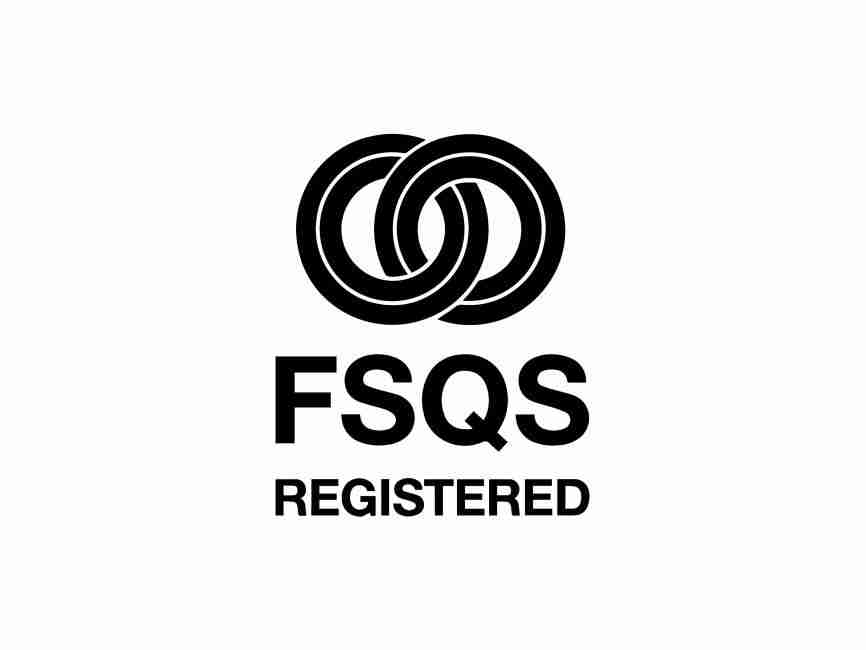It’s unlikely you’ll have a conversation about business communications without coming across the terms Unified Communications and VoIP. Voice over Internet Protocol (VoIP) started to gain traction as a tool for business phone calling in the 1990s, offering lower call charges and flexible terms, but call quality was often an issue. However, communication technology has continued to evolve, the quality issues have been resolved, and VoIP has replaced the once dominant ISDN which will be switched off in 2025.
Unified Communications integrates VoIP calls with a host of other features. With so many options available some businesses struggle to decide whether it is UCaaS or simply a VoIP solution that is right for their needs. Here is a breakdown of the two technologies and their associated to help you decide.
What is VoIP?
VoIP allows you to connect your phone system via Internet Protocol (IP) networks rather than through traditional phone lines. With VoIP the Internet is used for making calls, directly from your phone or computer from any location with a good Internet connection. VoIP also offers additional features like voicemail forwarding to email. There are also features like call recording, call logs and dial-in conference functionality make VoIP a great solution for businesses who need a separate phone communication channel.
For businesses who need simpler, cost-effective calling, VoIP can deliver the following benefits:
- Significant monthly cost savings, particularly on long-distance, international, and inter-office calls
- Simple phone line management, with the ability to quickly add and remove phone lines
- The potential to bundle Internet connectivity and telecoms through the same vendor, saving on cost and simplifying troubleshooting
- Flexibility in terms of phone numbers; a VoIP phone system allows you to set up toll free numbers or local numbers that customers are more familiar with, regardless of your location. What’s more if you move you can take your numbers with you
What is Unified Communications as a Service?
“Unified communications” describes the approach to unifying all business communication tools into a single streamlined platform. Services such as VoIP for calls, video conferencing, file sharing, chat, screen sharing and more are all brought together in the one product. UCaaS is a cloud-based service which means no on-premises equipment is needed and software updates take place remotely.
Why is Unified Communications relevant today?
Think of all the tools you use to communicate now – email, messaging, video, phone calls. Now imagine not having to toggle between multiple tools to call a colleague, send a message or join a meeting. The beauty of UCaaS is that it enhances communication and collaboration, all in the one place, sharing contacts, emails addresses and applications. This results in increased productivity.
Companies deciding between Unified Communications and VoIP may prefer UC if they want to:
- Integrate video conferencing, screen sharing and web conferencing
- Simplify the management of communication across multiple sites
- Improve the customer and employee experience by unifying chat, emails and phones on one platform
So, Unified Communications or VoIP? Which is right for your business?
The answer to this question depends on your company, your communications needs, and your future plans.
Think about how you communicate both internally and externally. How do your customers want to communicate with you? Would you benefit from chat and SMS applications? Is your workforce remote, spread across offices, or even overseas, making collaboration even more of a challenge? Do you need video conferencing to allow you to hold interactive meetings, share screens and connect with clients or host training sessions? If your business requires a diverse set of communications channels, then you should consider UCaaS to enhance collaboration and improve business efficiency.
If your business is mainly conducted over the phone and your employees do little remote work and online collaboration, VoIP may be a better fit as you will pay a lower monthly charge than with a UCaaS service.
One of the greatest benefits of cloud-based systems is their flexibility. VoIP as a technology has revolutionised business communication. UCaaS builds on top of this innovation and gives organisations the ability to bring together channels such as calls, chat, video, email, and file sharing on one platform.
If you want to know more about VoIP and UCaaS from Firstcom Europe click on the link below:









